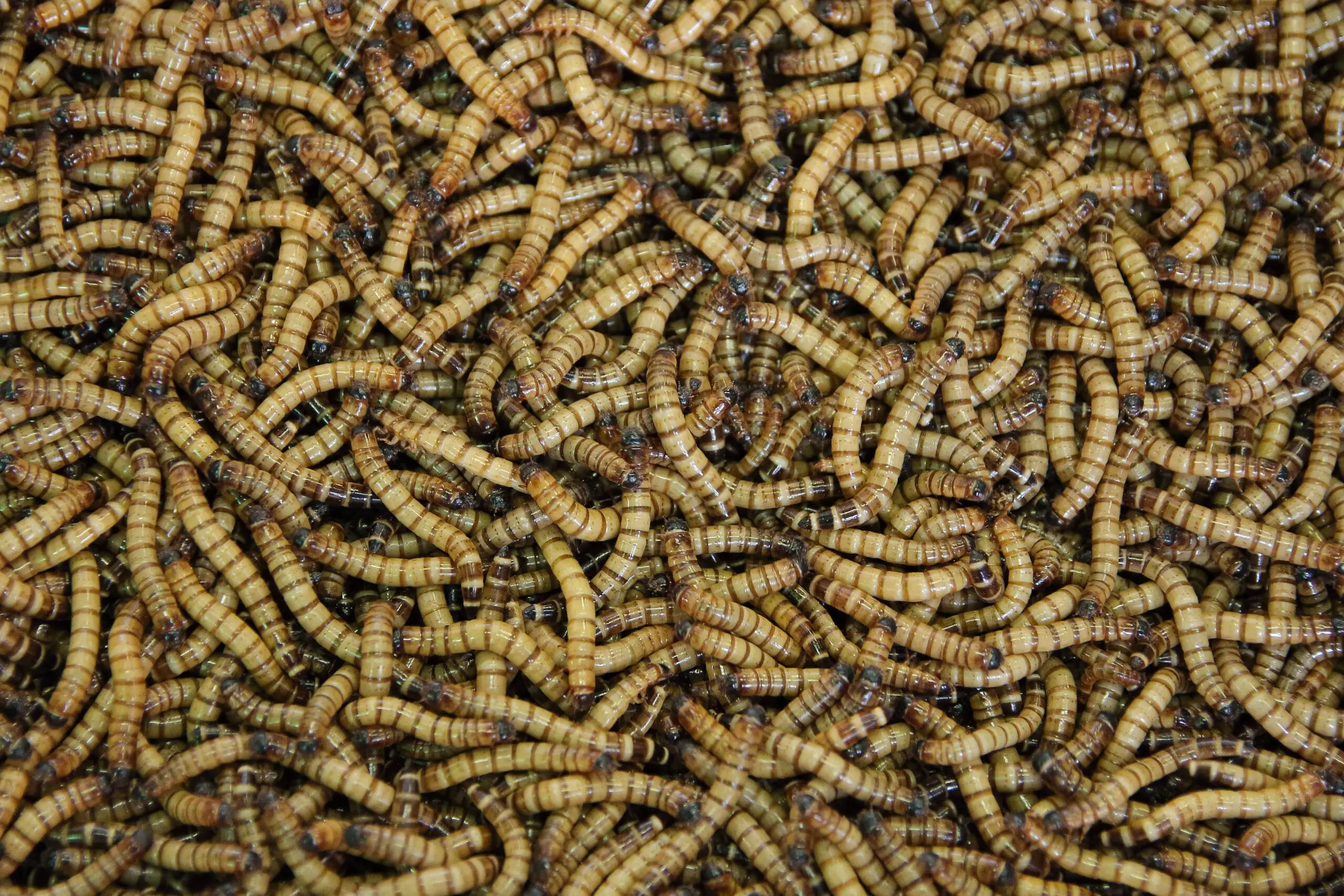Some pet owners like to feed their animals live food. This is because it is seen as more natural and can be a fun experience for both the animal and the owner. There are many different types of live food that you can feed your pet, but one of the most popular is mealworms. Mealworms are a type of beetle that is high in protein and low in fat. They are also easy to find and affordable. In this article, we will answer the question “can African fat-tailed geckos eat mealworms?
Can African fat-tailed geckos eat mealworms?
African fat-tailed geckos are a type of lizard that is native to the deserts of Africa. They are well-adapted to their arid habitat and can go for long periods of time without food or water.
In the wild, their diet consists mainly of insects, but they will also eat small mammals and reptiles if they are available.
When kept as pets, African fat-tailed geckos can be fed a variety of foods, including mealworms.
Mealworms are a good source of protein and other nutrients, and they are typically easy to find in pet stores.
However, it is important to remember that African fat-tailed geckos are not accustomed to eating high-fat meals.
As a result, mealworms should only be given as an occasional treat, rather than a main part of the diet.
Health benefits of mealworms to Fat-tailed Geckos?
There are many reasons to consider mealworms as a food source for your fat-tailed gecko.
- For one, mealworms are an excellent source of protein, which is essential for the growth and maintenance of muscle tissue.
- Additionally, mealworms are high in healthy fats and moisture, both of which are vital for the health of your gecko’s skin and scales.
- And because mealworms are relatively low in calories, they can help your gecko maintain a healthy weight.
- Finally, mealworms are a good source of vitamins and minerals, including zinc, copper, and manganese.
All of these nutrients are necessary for the proper function of your gecko’s immune system. In short, there are many good reasons to include mealworms in your gecko’s diet.
How many mealworms should be fed to a Fat-tailed Gecko?
Mealworms are a common food source for these reptiles, but it is important to remember that they should only make up a small part of the overall diet.
In general, mealworms should be offered once or twice a week in quantities that can be easily consumed in one sitting.
For an adult Fat-tailed Gecko, this is typically around 10-20 worms.
However, young lizards may need to be offered more frequent meals in order to ensure that they are getting enough food.
As always, it is best to consult with a reptile veterinarian to develop a feeding schedule that meets the specific needs of your pet.
Do African fat-tailed geckos need to eat mealworms to survive in captivity?
When kept in captivity, African fat-tailed geckos can survive on a diet of mealworms and other commercially available insect food.
While African fat-tailed geckos will eat mealworms, it is important to ensure that they also have access to other sources of food.
This is because mealworms lack certain nutrients that are essential to the health of these reptiles. As a result, African fat-tailed geckos that are fed a diet of exclusive mealworms may become malnourished and sick.
It is therefore advisable to supplement the diet of African fat-tailed geckos with other types of food to ensure that they receive all the nutrients they need to stay healthy.
How can you feed mealworms to an African fat-tailed gecko safely and effectively?
Mealworms are a common food for African fat-tailed geckos, but it is important to feed them safely and effectively.
The best way to do this is to offer a small number of mealworms in a shallow dish.
The mealworms should be no larger than the gecko’s head, as larger worms can be difficult to digest.
The dish should be placed in the cage so that the gecko can eat at its own pace. It is also important to offer a variety of other foods, such as insects and vegetables, to ensure that the gecko gets all the nutrients it needs.
By following these simple guidelines, you can safely and effectively feed mealworms to your African fat-tailed gecko.
Where can I buy Mealworms and should they be gut-loaded?
There are many places where you can purchase mealworms. You can find them online, at pet stores, and even in some larger supermarkets.
As for whether or not they should be gut-loaded, the answer is yes. Mealworms are typically fed to reptiles and amphibians as a source of protein.
However, if they are not gut-loaded, they will not provide your pet with any additional nutrients. Gut-loading is simply the process of feeding the mealworms a nutritious diet before they are fed to your pet.
This can be done by offering them a variety of fruits and vegetables, as well as high-quality reptile food. By gut-loading your mealworms, you can ensure that your pet is getting the nutrients it needs to stay healthy and strong.




